Looking for a protein powder gluten free dairy free that’s both gluten free and dairy free? Whether you’re dealing with intolerances or just prefer a plant-based option, this guide will help you find the best protein powders that meet your needs. We’ll cover their benefits and the best types available.
Key Takeaways
-
Gluten-free and dairy-free protein powders are essential for individuals with dietary restrictions, offering plant-based alternatives that promote muscle recovery and weight loss.
-
Popular plant-based protein sources, such as pea and rice proteins, provide complete amino acid profiles and a range of essential nutrients.
-
When selecting protein powders, prioritise clean ingredient lists, gluten-free certifications, and convenient mixing properties to support a balanced diet.
Understanding Gluten Free and Dairy Free Protein Powders
Gluten-free protein powders are increasingly recognised as essential dietary supplements for individuals seeking to maintain a balanced diet without gluten. These powders cater specifically to those with gluten intolerance or celiac disease, conditions that require avoiding gluten to prevent symptoms like bloating and abdominal pain. But they aren’t just for those with medical conditions; even those with a sensitivity to gluten or those who simply prefer a gluten-free diet can benefit from these supplements.
These protein powders are predominantly plant-based, making them ideal for individuals with lactose intolerance or other dietary restrictions. They often contain lower saturated fats compared to their animal-based counterparts, which is beneficial for overall health. For those who cannot consume whey or casein, plant-based protein powders offer a viable alternative without compromising on quality or nutrition.
When selecting a protein powder, it’s crucial to check the labels for gluten-free certification to ensure they are safe for those with sensitivities. This attention to detail ensures that you can enjoy the benefits of protein supplementation without the risk of adverse reactions.
Benefits of Gluten Free Dairy Free Protein Powder
Consuming adequate amounts of plant-based protein powders can significantly aid in muscle growth and recovery. These products are packed with essential amino acids that support muscle repair and reduce soreness after intense workouts. It’s a common myth that protein powders will cause women to develop bulky muscles; in reality, physiological factors make it challenging for women to gain significant muscle mass from protein supplementation alone.
Gluten-free and dairy-free protein options are also effective for weight loss. They enhance feelings of fullness, reducing overall calorie intake and aiding in fat loss. Some products like Raw Protein Slim & Tone provide a metabolism boost and help reduce cravings, making them particularly useful for those aiming to shed pounds.
Additionally, these protein powders are generally easier to digest for those sensitive to gluten or lactose. Certain gluten-free protein powders are fortified with essential nutrients, compensating for potential deficiencies that might arise from a strictly gluten-free diet. Contrary to popular belief, excessive protein intake does not inherently harm kidney health, making these supplements a safe choice for enhancing your diet.
Popular Types of Gluten Free Dairy Free Protein Powders
Among the popular plant-based protein sources, pea and rice proteins stand out for their complete amino acid profiles and high protein content. Pea protein, in particular, is rich in branched-chain amino acids, providing around 23g of protein per 30g serving. This makes it an excellent choice for those looking to build and maintain lean muscle mass.
Hemp protein, derived from hemp seeds, offers about 15g of protein per 30g serving. Though slightly lower in protein content compared to other sources, it is rich in essential fatty acids and provides a good balance of protein and fiber. This makes it a nutrient-dense option for those aiming for a well-rounded protein intake.
Brown rice protein offers roughly 24g of protein per 30g serving and is often combined with other proteins to enhance amino acid balance. Sacha Inchi protein, derived from Inca peanuts, contains about 17g of protein per 28g serving and is notable for its omega-3 fatty acids, adding another layer of nutritional value.
How to Choose the Right Gluten Free Dairy Free Protein Powder
When selecting a gluten-free dairy-free protein powder, the source of the protein is paramount. Animal-based proteins are complete, but plant-based options can also provide a complete amino acid profile when combined appropriately. Pea and rice protein, for instance, can be mixed to ensure you receive all essential amino acids.
It’s advisable to opt for protein powders with simple ingredient lists, avoiding those with artificial sweeteners or unnecessary fillers. This not only ensures a cleaner product but also prevents potential allergic reactions. Always review ingredient labels carefully, especially if you have allergies or sensitivities to ingredients like soy, gluten, or dairy.
Taste and texture are crucial factors for consistent use. Choose powders that mix well and provide a pleasant flavour to ensure you enjoy consuming them regularly. Additionally, selecting products without added sugars can help maintain a low-calorie intake, supporting your weight management goals. Lastly, consider the convenience of how easily the protein powder dissolves in liquids, as this can greatly affect your usage and overall satisfaction.
Delicious Flavours and Recipes
One of the joys of gluten-free dairy-free protein powders is the range of delicious flavours available. From classic chocolate to exotic vanilla bean, there’s something to suit every palate. Encouraging experimentation with different flavours and ingredients can lead to discovering unique and delicious combinations for gluten free protein powder-based snacks.
A popular recipe for gluten-free dairy-free protein bars combines almond butter, maple syrup, and unflavoured protein powder for a soft and fluffy texture. Adding flaxseed meal not only helps bind the ingredients together but also provides added nutrition. For a balance of sweet and salty flavours, incorporating sea salt and a chocolate topping is a delightful option.
Customisable protein bars allow for personal preferences, such as using different nut butters like cashew or peanut butter. For those who prefer shakes, combining various fruits, nut butters, and alternative milks can create a nutritious and flavourful drink.
How to Incorporate Gluten Free Dairy Free Protein into Your Diet
Enhancing your smoothies with gluten-free dairy-free protein powders is a simple and effective way to boost your protein intake. Adding non-dairy milk or fruits like bananas and berries pairs well with protein powders and enhances the flavour.
Incorporating silken tofu in shakes can increase the protein content while providing a creamy texture without any dairy. Hydrolyzed collagen is another excellent addition to dairy-free shakes as it mixes smoothly and is easy for the body to absorb.
Adding seeds such as hemp or flax to your shakes can provide additional protein along with omega-3 fatty acids. For a quick protein boost, liquid collagen shots can be consumed directly without the need for mixing. While these supplements can significantly complement your dietary needs, they should not replace whole food sources.
Conclusion about protein powder gluten-free dairy free
In summary, gluten-free dairy-free protein powders offer numerous benefits, from supporting muscle growth and weight loss to being easier to digest for those with sensitivities. There are various types to choose from, each with its unique nutritional profile.
Embrace the versatility and nutritional advantages of gluten-free dairy-free protein powders in your diet. Whether through smoothies, shakes, or protein bars, you can achieve your health and fitness goals while enjoying delicious flavours and recipes.
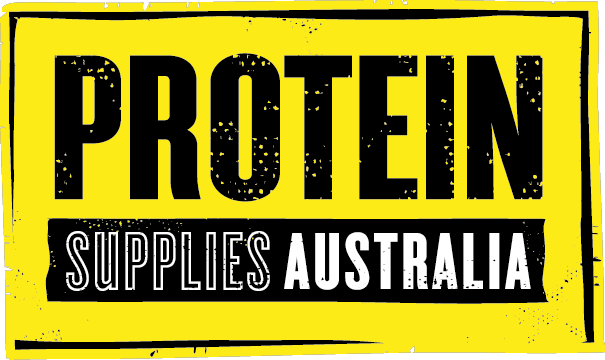
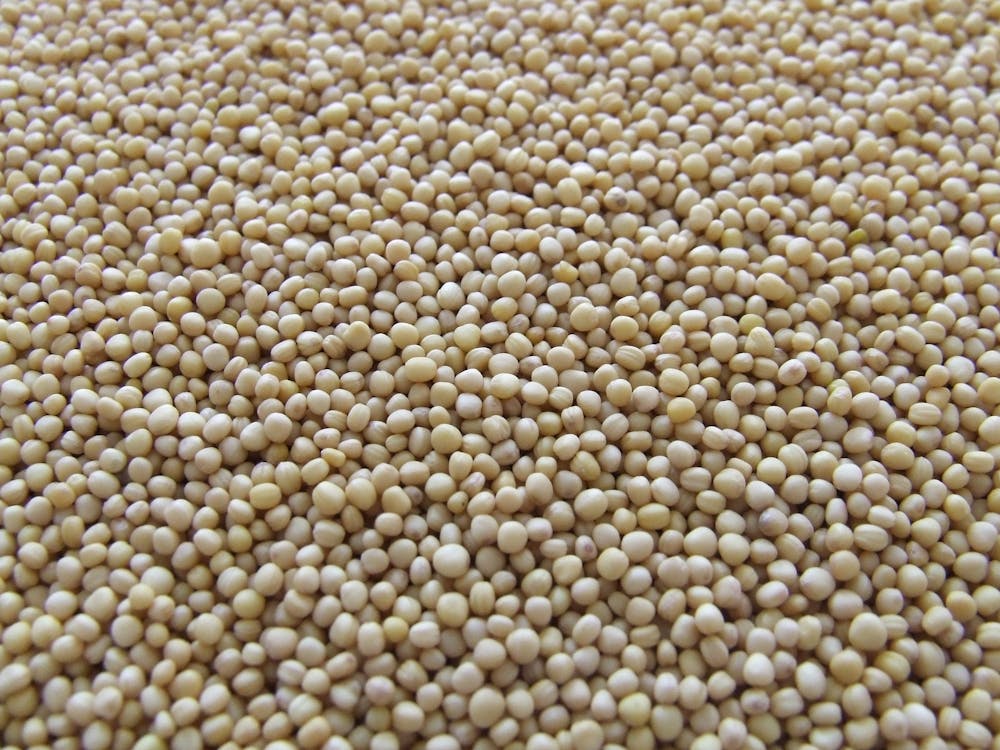
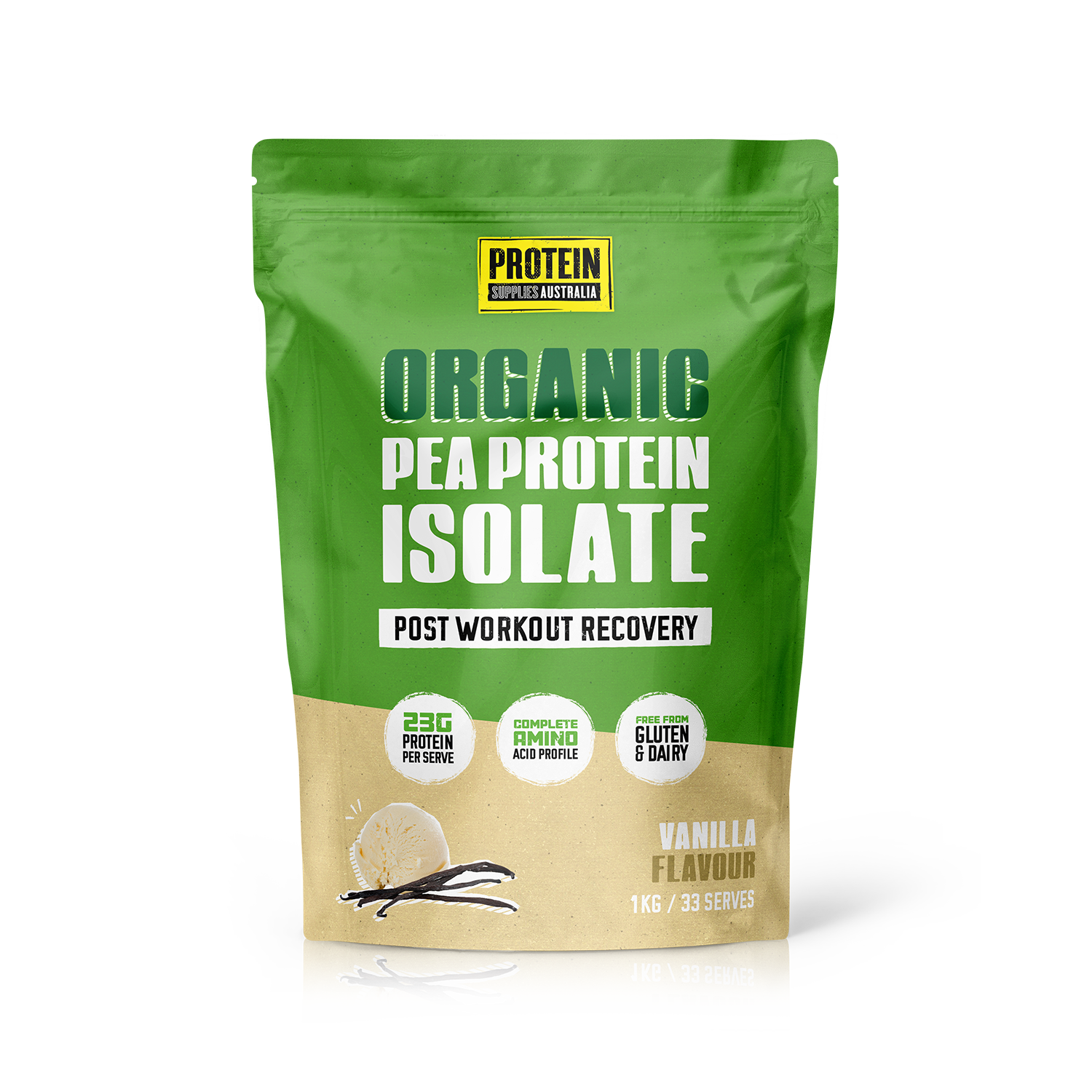
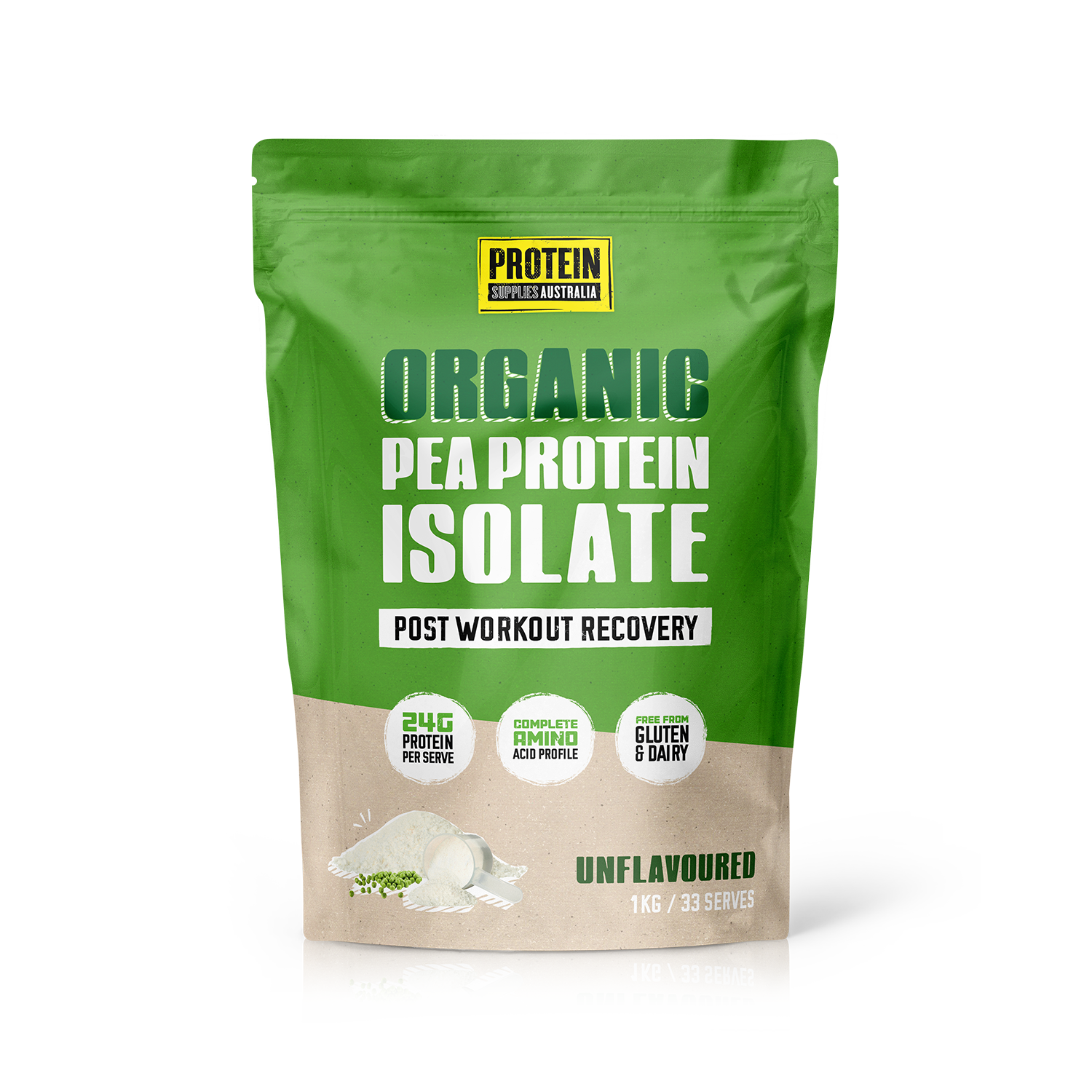
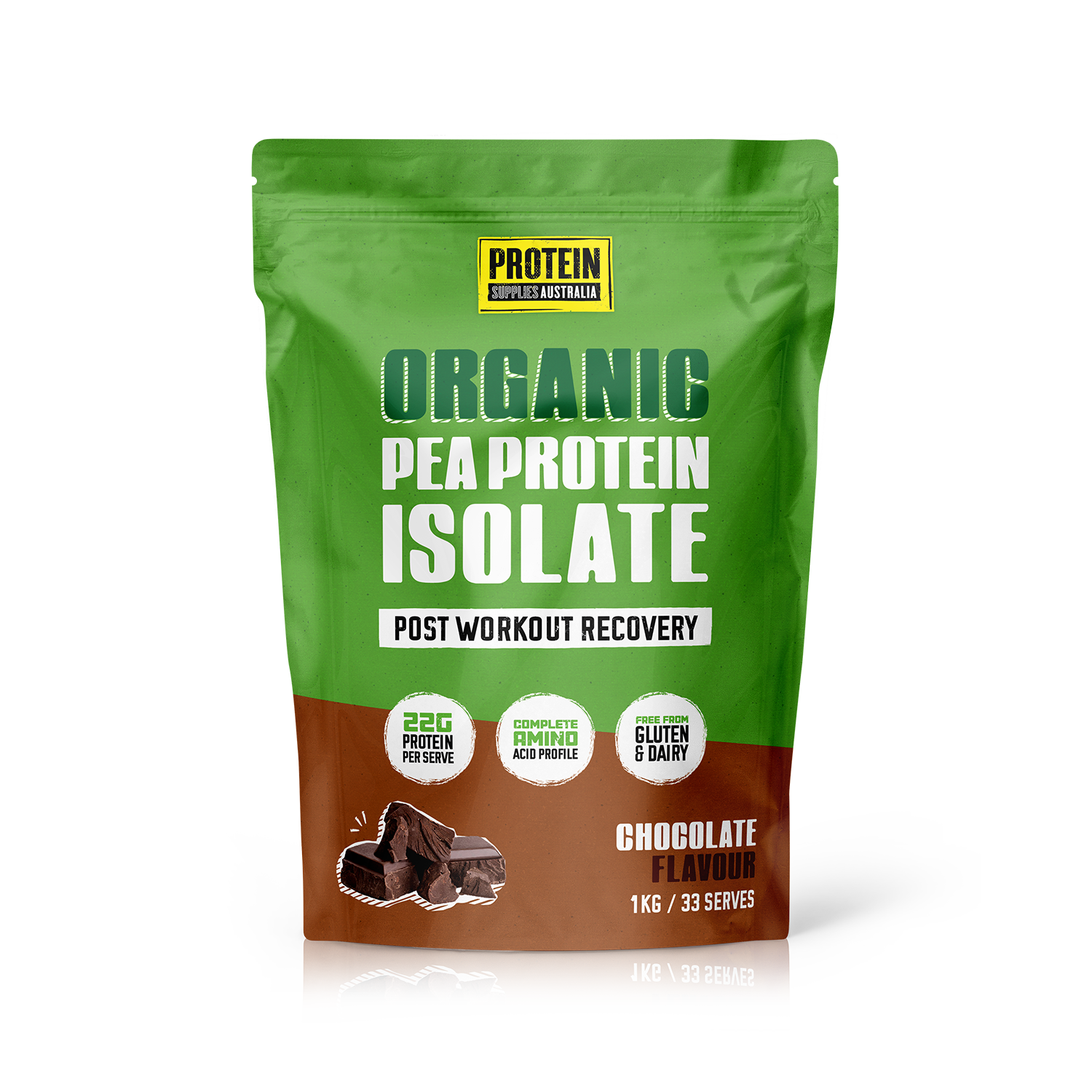
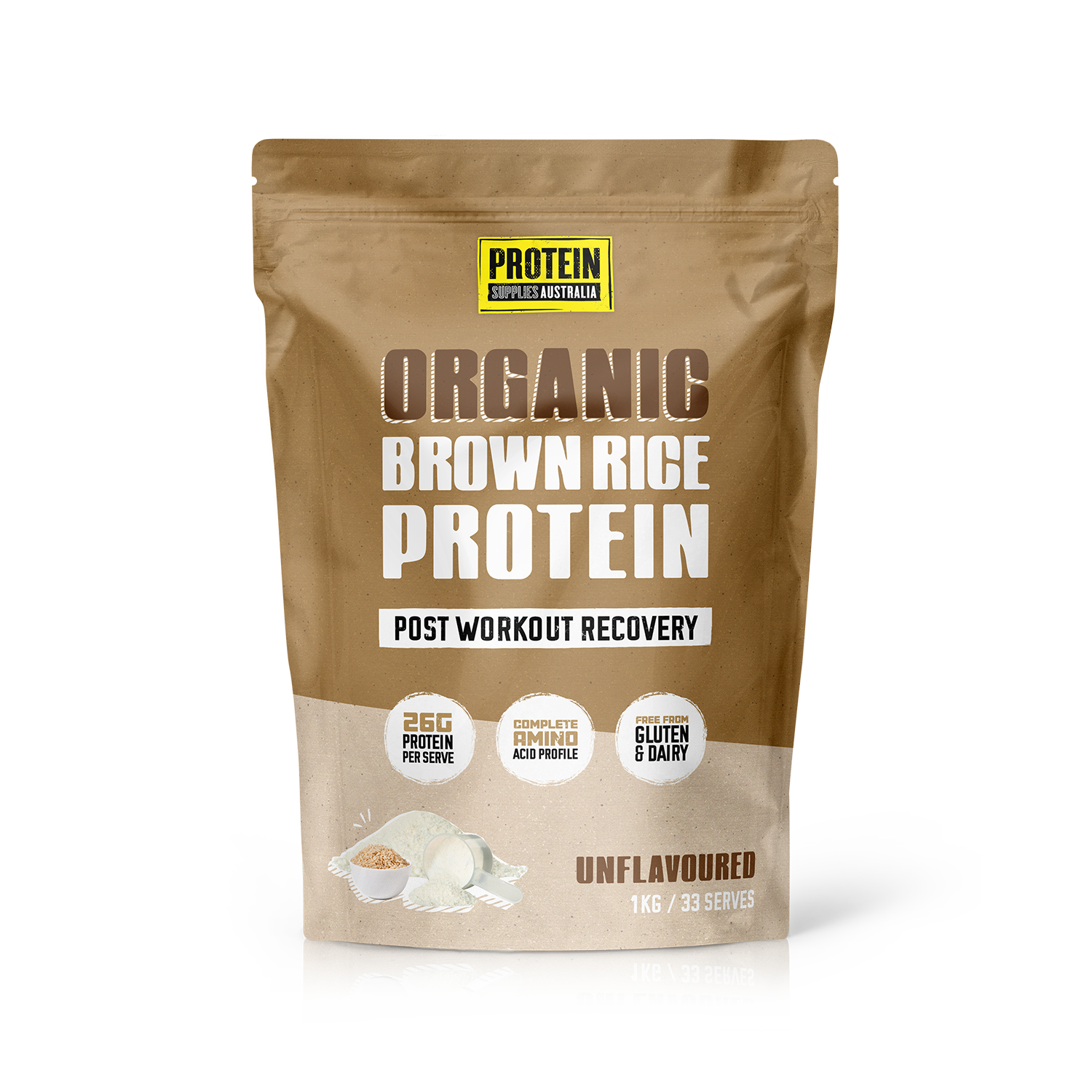
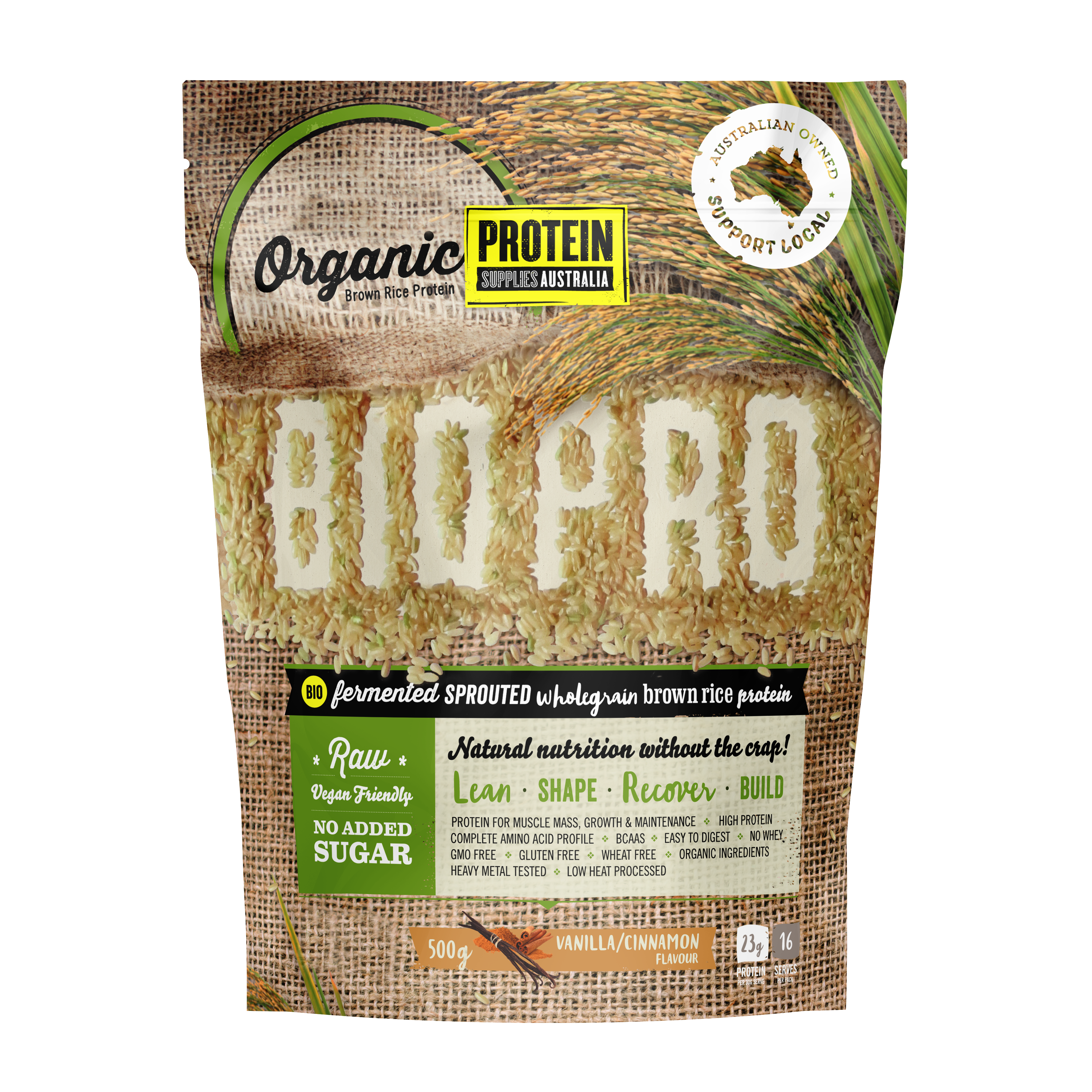
Creatine Supplementation: Benefits and Risks
What Is Protein Powder Made Of? An In-Depth Breakdown